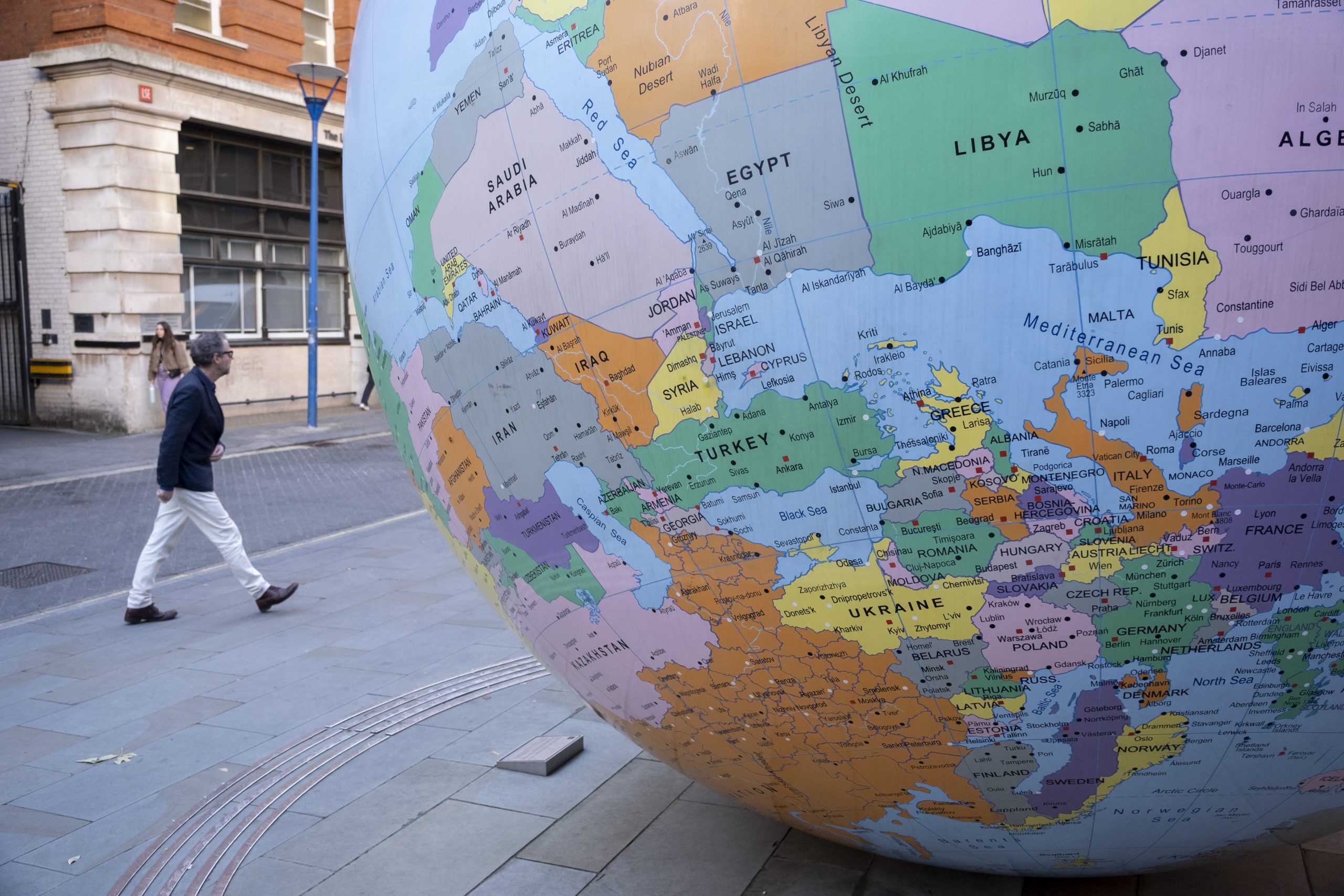The signals that the planet is experiencing a shift are becoming more obvious as the changes that are taking place progress. Nevertheless, the rate of change varies considerably among geographic locations. Together with South America, East Asia, & the Pacific regions, the Middle East and Africa are in the vanguard of global shift.
Shifts in the Balance of Power in the Middle East
Power dynamics in the Middle East are going through a period of major upheaval at the moment. Iran is escaping the isolation that has been placed on it by the West, while Saudi Arabia is questioning its previous role as a client government. Both countries are making progress toward regaining their prior positions. This new trend poses a threat to the Western dominance of the Middle East, which was established by the Sykes-Picot agreement in 1916 and then strengthened by the invasion of Iraq by the United States and its allies. The United States had significant political power, a rising military presence, and weaponized money for many years, which allowed them to control the region. Having said that, this is not the case any longer.
The Roles of China and Russia in the Area
Both Russia and China have been slowly but surely strengthening their presence in the area, albeit doing so in very different ways. Russia has been depending on its history of collaboration with the Soviet Union, whereas China has been relying on its tradition of amicable commerce and cultural ties dating back thousands of years. The Chinese government has recently adopted a more forthright approach to its foreign policy, which has been instrumental in the country's accomplishment of a key achievement in the Middle East. The Iran-Saudi Accords, which China mediated, served as a demonstration of China's efficacy as a rising superpower in the area. To be successful in the long term, China will need to demonstrate that it is a more desirable alternative to the exploitation and brutality practiced in the West.
The Struggle for Control of Sudan
The competition for resources, influence, and dominance in the Middle East and Africa is causing a rise in the number of minor wars, particularly in nations that are unstable on both the political and social fronts. The conflict that is still going on in Sudan is a good illustration of this. The struggle for control of Sudan is fundamentally a territorial conflict, with several countries like Egypt, Ethiopia, the United Arab Emirates, and Israel all striving to achieve victory. From its military outposts in Africa, Russia is likewise keeping a careful watch on the situation. The United States, Great Britain, and France are concerned about the outcomes that may occur either as a result of direct action or of no intervention at all. During this time, China is continuing to evaluate the risks and potential benefits posed by the conflict.
The End Result of the War in the Sudan
It is very possible that the resolution of the crisis in Sudan would not only redraw the political balances in Sudan but also the power relationships throughout the whole region. The dispute is concerning because of the unrivaled geographical location of the country in question as well as the vested interests of the many countries that are engaged. The development of new powers in both the Middle East and Africa is a fact, and it is quite likely that competition for resources, influence, and dominance will continue. However, it is still unknown if China and other developing countries would be able to establish a model in the area that is superior to the one presented by Western nations.
Is this content hitting the mark for you? If so, consider supporting my work—buy me a virtual coffee! 




